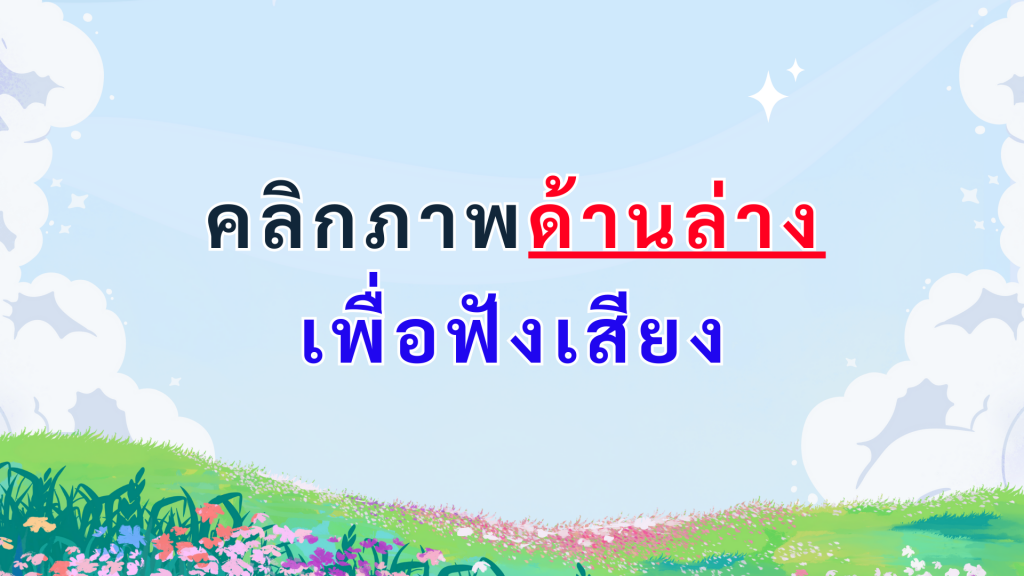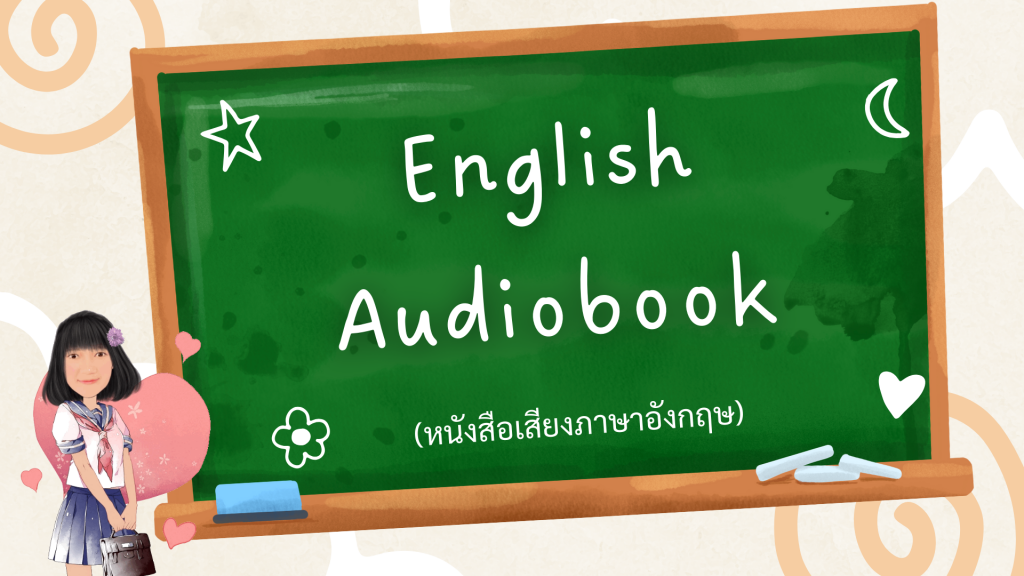
ตัวอย่างคำถามและคำตอบสำหรับการสัมภาษณ์ภาษาอังกฤษ
A. Introductions / แนะนำตัวเอง (5 ข้อ)
- Q: Can you introduce yourself?
A: Sure. My name is [Your Name]. I’m 18 years old and studying in Grade 12 at [School Name]. I enjoy learning new languages and spending time with my friends. - Q: Where are you from?
A: I’m from [City, Country]. It’s a peaceful place with beautiful parks and friendly people. - Q: How would your friends describe you?
A: They would say I am friendly, hardworking, and always willing to help others. - Q: What do you like most about yourself?
A: I like my curiosity because it motivates me to learn new things every day. - Q: Can you describe your daily routine?
A: I usually wake up at 6 a.m., go to school, attend classes, and study in the evening. I also spend some time exercising or reading books before bed.
B. Education / การศึกษา (6 ข้อ)
- Q: What is your favorite subject and why?
A: My favorite subject is English because I enjoy reading books and communicating with people from different countries. - Q: Which subject do you find most difficult?
A: I find mathematics challenging, especially advanced topics, but I try to practice regularly to improve. - Q: How do you prepare for exams?
A: I make a study plan, review my notes, and do practice exercises. I also try to get enough rest before the exam. - Q: Who is your favorite teacher and why?
A: My favorite teacher is [Name], because they explain lessons clearly and encourage students to think creatively. - Q: Do you prefer studying alone or with friends?
A: I prefer a combination. Studying alone helps me concentrate, but discussing with friends helps me understand new ideas. - Q: What is the most important skill you have learned at school?
A: I think problem-solving is the most important skill because it helps me tackle challenges in both school and daily life.
C. Future plans / แผนอนาคต (5 ข้อ)
- Q: What are your plans after graduation?
A: I plan to study [field] at university and then work in a career that allows me to help people. - Q: Where do you see yourself in five years?
A: I hope to graduate from university, gain work experience, and travel to different countries to learn about other cultures. - Q: What is your dream job?
A: My dream job is [job title] because it allows me to use my skills and make a positive impact. - Q: Would you like to study abroad? Why or why not?
A: Yes, I would like to study abroad because it will help me experience different cultures and improve my language skills. - Q: What motivates you to achieve your goals?
A: My family and personal ambition motivate me. I want to make them proud and build a successful career.
D. Hobbies and interests / งานอดิเรก (5 ข้อ)
- Q: What do you like to do in your free time?
A: I enjoy reading novels, playing sports, and listening to music because they help me relax. - Q: Do you prefer indoor or outdoor activities?
A: I like both, but I prefer outdoor activities like hiking and cycling because they keep me active and healthy. - Q: Have you ever joined a club or organization?
A: Yes, I joined the English Club at school. It helped me improve my language skills and make new friends. - Q: Do you like watching movies or reading books more?
A: I prefer reading books because they stimulate my imagination, but I also enjoy movies occasionally. - Q: Can you describe your favorite hobby?
A: My favorite hobby is painting. It allows me to express my creativity and relieve stress.
E. Strengths and weaknesses / จุดแข็งและจุดอ่อน (5 ข้อ)
- Q: What are your strengths?
A: I am hardworking, organized, and patient when learning new skills. - Q: What are your weaknesses?
A: Sometimes I procrastinate, but I try to overcome it by making schedules and setting small goals. - Q: How do you handle stress?
A: I handle stress by exercising, listening to music, or talking with friends and family for advice. - Q: Can you describe a time when you showed leadership?
A: During a school project, I coordinated my team, assigned tasks, and made sure everyone completed their work on time. - Q: Are you a team player?
A: Yes, I enjoy working with others because we can share ideas and solve problems together.
F. Problem-solving / การแก้ปัญหา (5 ข้อ)
- Q: Can you describe a problem you faced and how you solved it?
A: Once, our group project had missing information. I suggested dividing tasks among members and researching individually. We combined our results and submitted on time. - Q: How do you make decisions when facing a difficult choice?
A: I consider the pros and cons, seek advice from others, and think about the long-term effects before deciding. - Q: Have you ever helped someone solve a problem?
A: Yes, my friend struggled with English grammar. I explained rules and practiced exercises with them until they improved. - Q: What do you do if a plan doesn’t work?
A: I stay calm, analyze what went wrong, and create a new plan to solve the issue efficiently. - Q: Do you prefer working alone or with others when solving problems?
A: I prefer both, depending on the situation. Sometimes teamwork is better for ideas, but alone allows more focus.
G. Opinions / การแสดงความคิดเห็น (5 ข้อ)
- Q: What is the most important quality in a friend?
A: Honesty is the most important because a true friend should always be trustworthy and supportive. - Q: Do you think students should have homework? Why?
A: Yes, homework helps students review lessons and practice skills outside the classroom, but it should not be excessive. - Q: What do you think about social media?
A: Social media can be useful for communication, but it may also distract people from real-life responsibilities. - Q: Is learning a foreign language important? Why?
A: Yes, it opens opportunities for communication, travel, and career growth in a global society. - Q: Do you think reading books is better than watching movies?
A: Yes, because books improve imagination, vocabulary, and critical thinking, while movies are more passive.
H. Current events / ข่าวสารปัจจุบัน (4 ข้อ)
- Q: What do you know about climate change?
A: Climate change is causing global temperatures to rise. People should reduce energy consumption and waste to protect the environment. - Q: How can young people contribute to society?
A: They can volunteer, participate in community projects, and raise awareness about important social issues. - Q: Do you think technology affects our daily life? How?
A: Yes, technology makes life easier with communication, education, and entertainment, but it can also reduce face-to-face interaction. - Q: What is your opinion about electric cars?
A: Electric cars are good for the environment because they reduce air pollution, but they are still expensive and need better infrastructure.
I. Technology / เทคโนโลยี (4 ข้อ)
- Q: Do you like using smartphones? Why or why not?
A: Yes, they are convenient for communication, learning, and entertainment, but I try not to spend too much time on them. - Q: How often do you use the internet?
A: I use the internet daily for studying, reading news, and keeping in touch with friends and family. - Q: Do you think computers are important in education?
A: Yes, computers help students research information, complete assignments, and practice skills efficiently. - Q: What is your opinion about online learning?
A: Online learning is flexible and convenient, but it requires self-discipline and may lack personal interaction with teachers.
J. Travel and culture / การท่องเที่ยวและวัฒนธรรม (5 ข้อ)
- Q: Do you like traveling? Why or why not?
A: Yes, traveling allows me to experience new cultures, try different foods, and learn about history and traditions. - Q: Which country would you like to visit?
A: I would like to visit Japan because I am interested in its culture, technology, and beautiful scenery. - Q: Have you ever traveled with your family?
A: Yes, we went to [Place]. It was a great experience because we learned about local customs and spent quality time together. - Q: Do you prefer traveling alone or with friends/family?
A: I prefer traveling with family or friends because sharing experiences makes the trip more enjoyable. - Q: What is the most interesting tradition in your country?
A: I think [Name of Tradition] is interesting because it shows respect for our culture and brings families together. - Q: How can learning about other cultures help you?
A: It helps me understand different perspectives, respect diversity, and improve communication skills with people from around the world.
